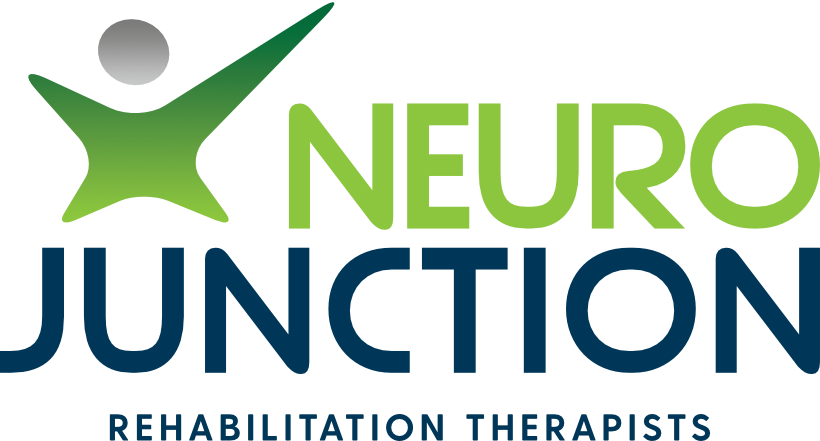Respiratory Physiotherapy for Neuromuscular Diseases
When do you need a Respiratory Physiotherapist?
Respiratory muscle weakness can occur in people who have a neuromuscular disease due to the breakdown of communication between the nerves and the muscles. This can make it difficult to achieve deep breaths, produce the force required for an effective cough, or co-ordinate these actions.
Types of neuromuscular disease which may affect the respiratory muscles include:
Motor Neuron Disease
Muscular Dystrophy
Peripheral Neuropathy
Multiple Sclerosis
Myasthenia Gravis
What are the signs and symptoms?
Presence and intensity of these signs and symptoms vary depending on the stage of the disease and overall health status but can include:
Shortness of breath
Muscle weakness
Difficulty coughing
Swallowing problems
Excessive saliva
Pain
Fatigue
An ineffective cough can lead to retention of secretions (phlegm) inside the lungs, which can result in worsened shortness of breath, reduced ability of the lungs to exchange oxygen, and recurrent respiratory tract infections.
How can Neuro Junction Help?
Research has shown that early intervention with respiratory Physiotherapy is beneficial to improving quality of life and reducing hospitalisation in the neuromuscular disease population.
In all stages (especially early), involvement in exercise and activity can be hugely important to improve our lung function. Our Physiotherapists can help you to design an individualised program to suit your needs.
To support respiratory muscle strength, lung volumes and secretion (phlegm) clearance, we can assist in the delivery and training of breathing or airway clearance techniques and the prescription and education for various breathing or airway clearance devices that may help you.
To support the cough effectiveness, we can assist with teaching you or your carers techniques to enhance the power of a cough, as well as assisting in the prescription of devices which may assist with this, being involved in education, and performing assessments to determine whether these are appropriate.
We can assist in liaising with your multi-disciplinary team of including health clinics and doctors.
We can assist in prescription of respiratory equipment and in exploring funding models for supply of these items.
We can assist in the treatment of other underlying respiratory illnesses which may complicate care.



